The Triathlon Books That Our Co-Founder Tom Marmarelli Particularly Likes
While the global endurance athletes community is slowing down with trainings during the Coronavirus pandemic, It's a good time for expanding our theoretical knowledge about Triathlon. Here are the three books that the Triathlon and Ironman coach Tom Marmarelli recommends specifically for those who want to be up to date in the triathlon world:

The Desire For Knowledge Started From Lack of Preparation
In my early years in the triathlon world, somewhere around 2006, I found myself already very attracted to the training world. My first triathlon experience was completing a crazy challenge (Sprint Triathlon, Netanya 2006) without enough (or any) preparation. I was sure I was going to finish among the first in the race. I was, of course, at a really good fitness level in comparison to my peers (in high school)...I placed second to last and was devastated. The event was deeply engraved in my memory. It made me want to learn more about how the same teens that reached the level of fitness as I had, did so well, while I was placed second to last. I wanted to learn what I needed to do to achieve a better outcome. I got a crazy thirst for understanding the details and sought knowledge.
I ordered my first triathlon book, "The Triathlete's Training Bible” by Joe Friel, and sat down to study. I was buzzed by the method, read the book over and over again, and followed the steps it recommended. I quickly realized that the scientific and methodical part of this story was very interesting to me and I dove deeper and deeper into it. For my second Ironman in 2009, I decided to continue to enrich my knowledge of the subject since I wanted to do better than my first ironman, so I bought the book "Your Best Triathlon” by Joe Friel. Again, Joe did not disappoint, and wrote an even more practical book than his predecessor. I met my goal successfully with a fine result of 9:40 hours.
Since then, I have read quite a few books and some have left their mark on my worldview as a coach. Each book or article gives a slightly different perspective on things and creates momentum for small changes in my training method and training school. I discovered the book "Training and Racing with a Powermeter” by Hunter Allen and Andrew Coggan in 2011, when I entered deeper into the cycling training world. The book is much more scientific and research-based than the other two. As a computer science student, numbers and maths interested me, so I dove deep into each graph and table. Here is my review of each of the books and what interesting things I picked up from them.
1) The Triathlete's Training Bible, by Joe Friel
This is probably Joe Friel's most comprehensive book, since it was first published in 1998, with three additional editions, and even a fourth edition, which is the one currently on bookstore shelves. Friel is a veteran triathlon coach and mentor with a wealth of accomplishments. He holds a master's degree in exercise science. Among other things, he is the founder of TrainingPeaks and published other bestsellers in the field of training and triathlons in particular. The book provides useful training tools and explains in detail the logic behind the guiding principles. Among other things, the book shows how to properly prepare for a training season, construction and periodic methods, training loads, what constitutes a solid recovery, and much more.
2) Your Best Triathlon, Advanced Training for Serious Triathletes, by Joe Friel
Insight from the book: Personally, I learned what the most basic principles for building a training program are, the definitions of constructive and destructive loads, how to peak at the right time and what to do when you're unsuccessful, the different types of training and what each one aims to improve in the athlete's arsenal, and most importantly — how to plan a season and come up with competition goals.
Throughout its 350 pages, the book periodically builds training programs for all triathlon distances from Sprint to Ironman. The book focuses on the construction of the training plan itself and less on complex physiological explanations, and therefore it is a more useful and practical book for the average Joe without a background in physiology or anatomy. At the same time, this is a book that focuses on challenging training programs that are not suitable for beginner triathletes, but rather, for established triathletes with several years of training.
3) "Training and Racing with a Powermeter” by Hunter Allen and Dr. Andrew Coggan
Hunter Allen is a senior cycling coach, and one of the pioneers of training cyclists with a power meter. Andrew Cogan is an internationally-recognized exercise physiologist and is considered to be one of the most senior researchers in the field of power training. Hunter provides the practical side and Andrew provides the neater side and is the duo’s numbers wizard.
Insight from the book: Personally, I gained insight regarding how to build a training plan under certain constraints, the important aspects of a training plan, how to build a macro-plan, and how to build specific workouts to specific needs on the micro level in each training session. I think this book is particularly useful for triathletes who have reached a plateau in terms of their performance and are looking for new advancements. As I like to say, “in order to improve, one needs to first… exercise.”
Every time I read the book, I learned new things that I had not previously understood. I would highly recommend this book for all of the numbers enthusiasts out there. This book is not for those who love to be spoon-fed information.


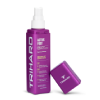


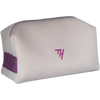
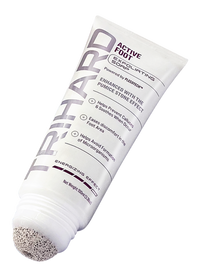



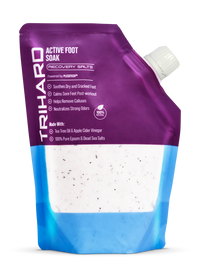


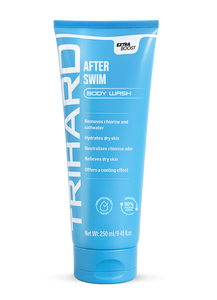
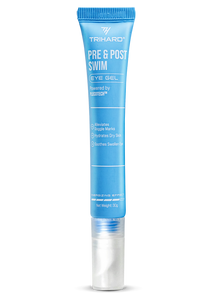
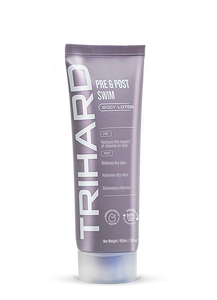
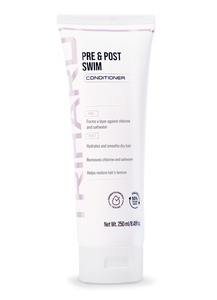
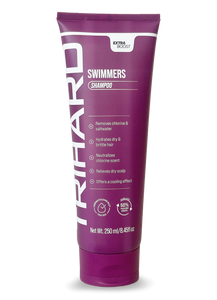
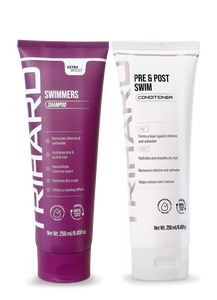
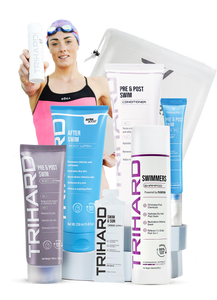
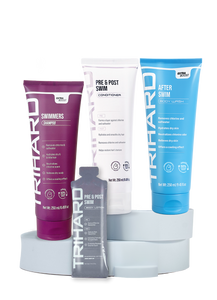






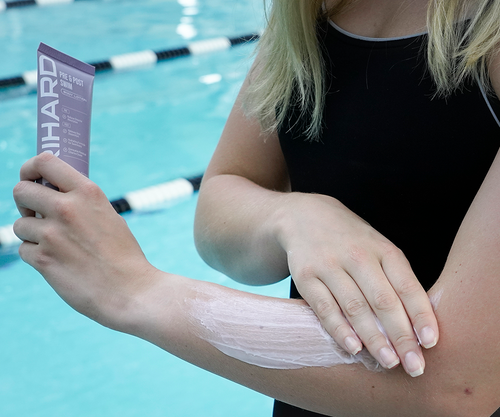


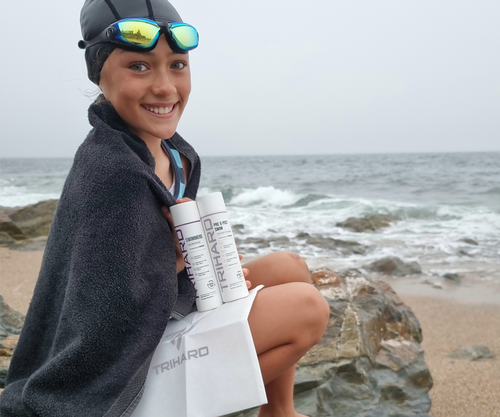
Lascia un commento